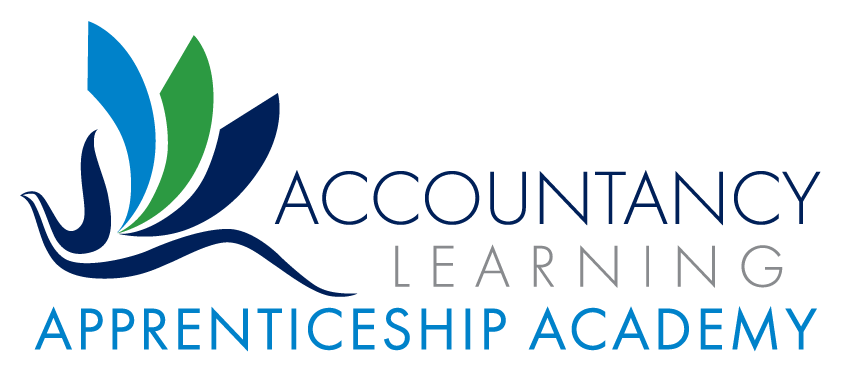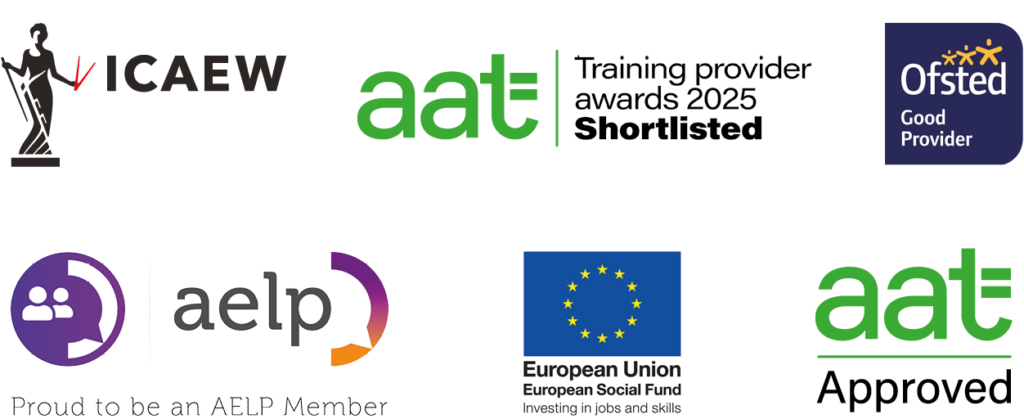These days, technical proficiency alone is no longer sufficient for success as an effective accountant. Developing leadership skills in accounting apprentices has become increasingly crucial as the sector becomes more dynamic and complex. Leadership and communication abilities, often categorised as soft skills, are essential for navigating the challenges accountants face today. This blog will explore the importance of these skills and offer practical suggestions for cultivating leadership in accounting apprentices through real-world experiences.
The importance of soft skills in accounting
Beyond technical expertise
While mastering the technical aspects of the profession is a must for your accounting apprentices, it’s only part of the equation for a successful career. Clients value accountants who can communicate effectively, lead teams, and think strategically. Leadership skills are vital in managing projects, influencing others, and driving organisational success. Developing these skills will ensure that your apprentices are proficient accountants and influential leaders of the future.
Enhanced client relationships
Effective communication and leadership skills are essential for building and maintaining strong client relationships. As your accounting apprentices gain more skills and experience, they will need to explain complex tax, accounting and financial information to clients who may not have a financial background. The ability to convey these details clearly and confidently is not just a skill but a powerful tool that can significantly enhance client satisfaction and trust.
Adaptability and problem-solving
Leadership skills play a significant role in an accountant’s ability to adapt to changing circumstances and solve problems. With changing tax regulations and accounting standards, accountants who can think critically and lead teams through change are highly valued. Developing these skills early in your apprentice’s career lays the groundwork for long-term success and adaptability.
Strategies for developing leadership skills
Mentorship and coaching
One of the most effective ways for developing leadership skills in your accounting apprentices is through mentorship and coaching. Experienced professionals, from within or external to your practice, can provide guidance, share their experiences, and offer constructive feedback. Regular mentoring sessions help apprentices understand the nuances of leadership and communication in a real-world context.
Assigning leadership roles
It is essential to provide your apprentices with opportunities to lead, even in a small capacity. You can achieve this by assigning them as project leads or team coordinators on specific tasks. These roles allow apprentices to practice leadership skills such as decision-making, delegation, and conflict resolution. They also build their confidence, preparing them for more significant responsibilities in the future.
Encouraging participation in professional networks
Professional accounting bodies and business networks offer valuable opportunities for your apprentices to develop leadership skills. Participation in these groups can include attending seminars, workshops, and networking events. These platforms allow apprentices to learn from industry leaders, exchange ideas with peers, and gain insights into emerging trends and best practices.
Fostering a collaborative environment
Developing leadership skills requires creating a workplace culture that encourages collaboration and open communication. Your apprentices should be encouraged to share their ideas and participate in discussions. This inclusive environment fosters creativity and allows apprentices to practice their leadership and communication skills in a supportive setting.
Offering formal training programmes
In addition to on-the-job experiences, formal training programmes on leadership and communication can be highly beneficial. Workshops and courses on topics such as team management, public speaking, and emotional intelligence provide apprentices with the tools they need to excel in leadership roles. These programmes can be tailored to address the specific needs and challenges of the accounting profession.
Providing feedback and recognition
Regular feedback is crucial for the development of leadership skills. Constructive criticism helps apprentices understand their strengths and areas for improvement. Recognising and rewarding effective leadership behaviours reinforce the importance of these skills and motivate your apprentices to continue developing them.
Conclusion
Developing leadership skills in accounting apprentices is essential for their professional growth and the overall success of your accounting practice. By integrating mentorship, practical leadership opportunities, participation in professional networks, and formal training, your apprentices can acquire the soft skills needed to complement their technical expertise.
As the accounting profession continues to evolve, those with strong leadership and communication abilities will be well-positioned to thrive in their careers. Investing in the development of these skills not only benefits the apprentices but also strengthens the practice as a whole.
Accountancy Learning and our role in developing leadership skills
The importance of developing soft skills is a key feature across our AAT apprenticeships (Levels 2, 3 and 4) and the ACA Level 7 apprenticeship. Our experienced tutors will regularly assess the apprentice’s knowledge, skills, and learned behaviours and identify where progress is being made or if additional training and support is required.
We also have written a blog titled Developing rounded accountants of the future, which further explains how these skills are fundamental to an accounting apprentice’s development.
To find out more about our range of accounting apprenticeships and how we work with the employer and the apprentice to ensure leadership and soft skills development, please contact us at 01392 435349 or email [email protected].






